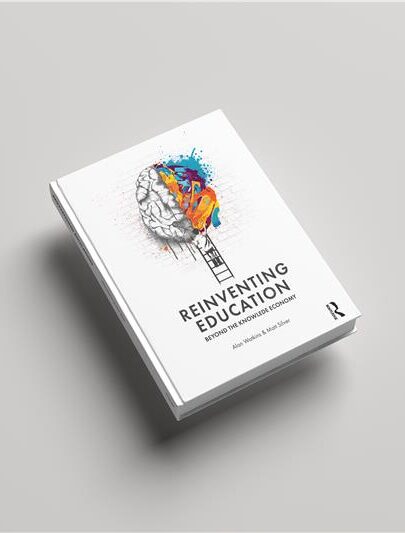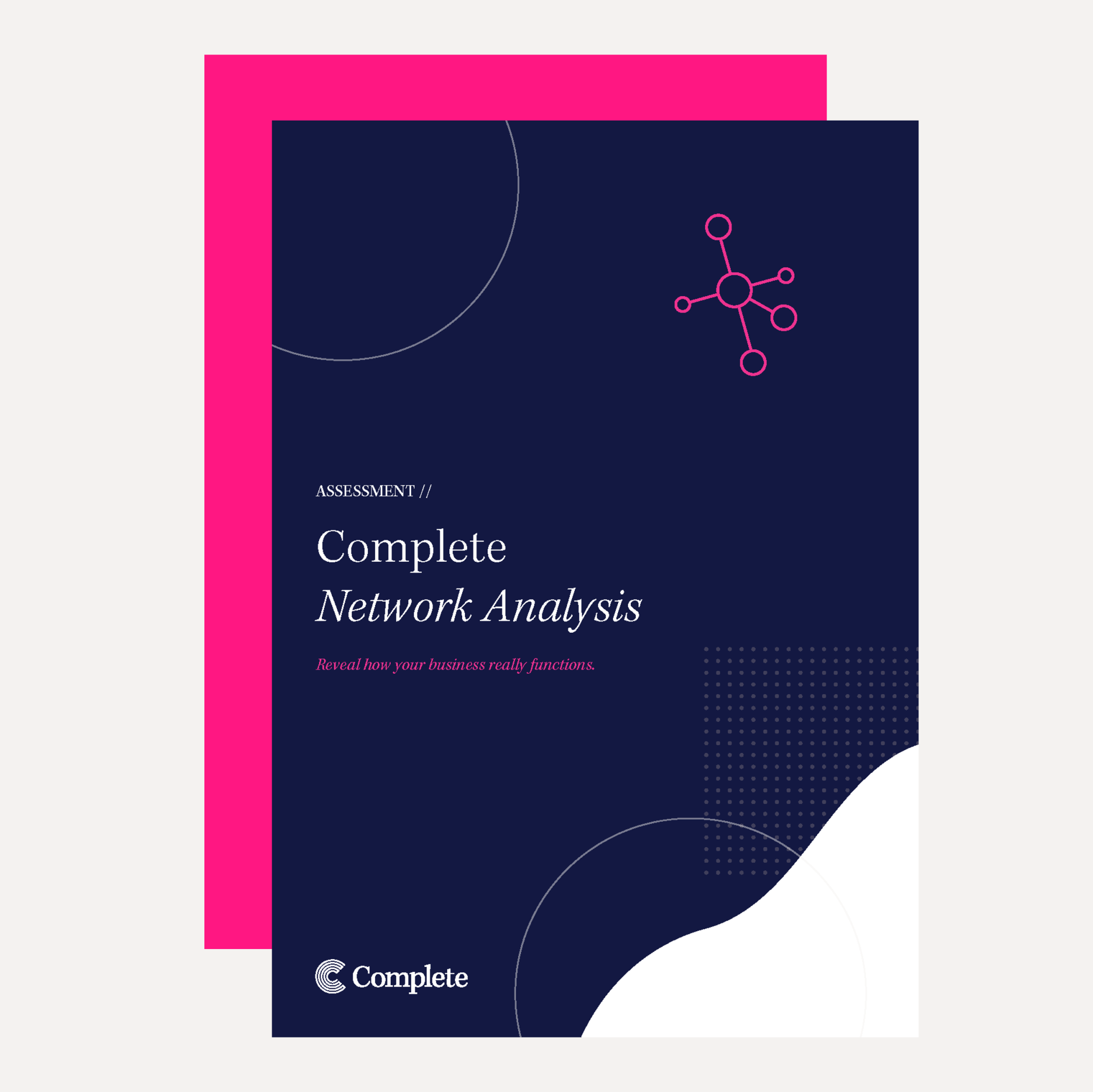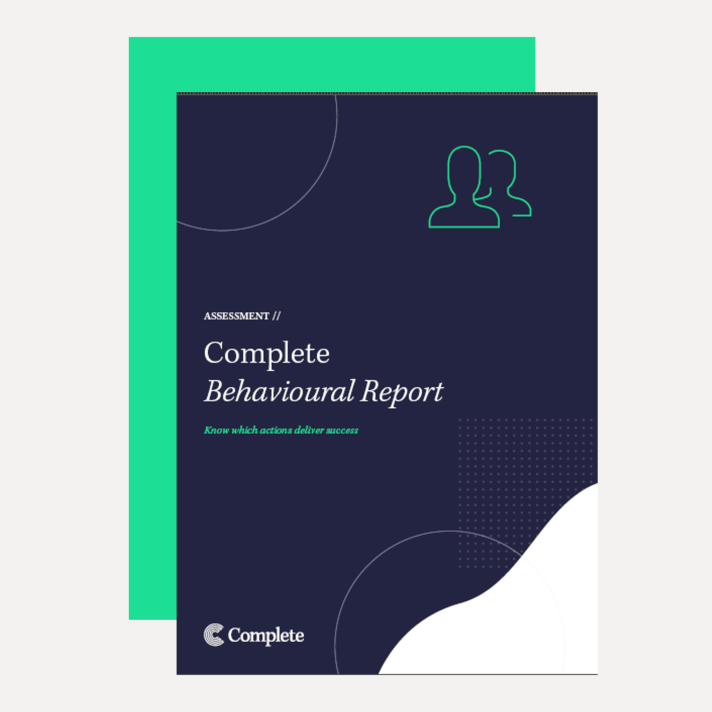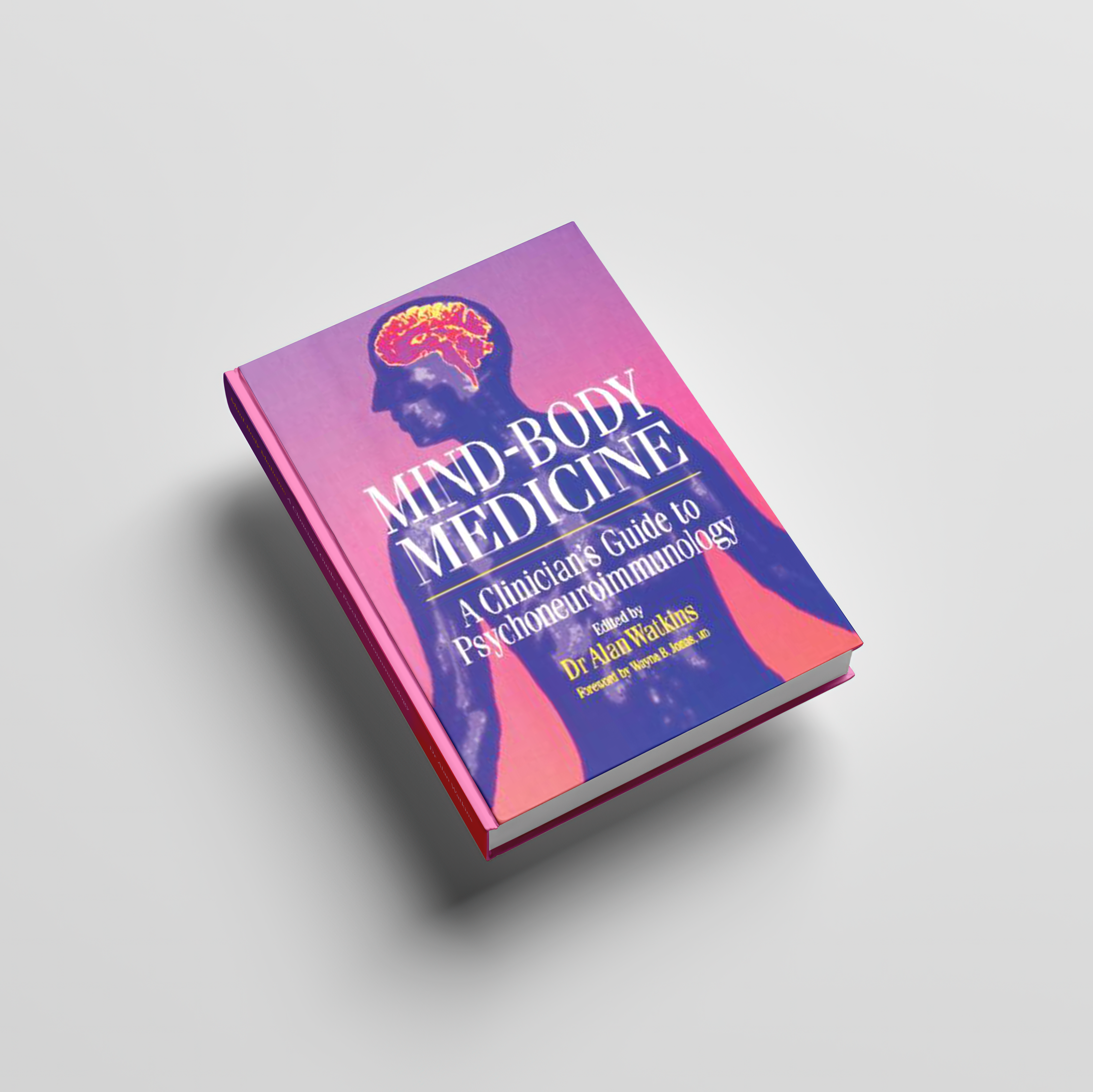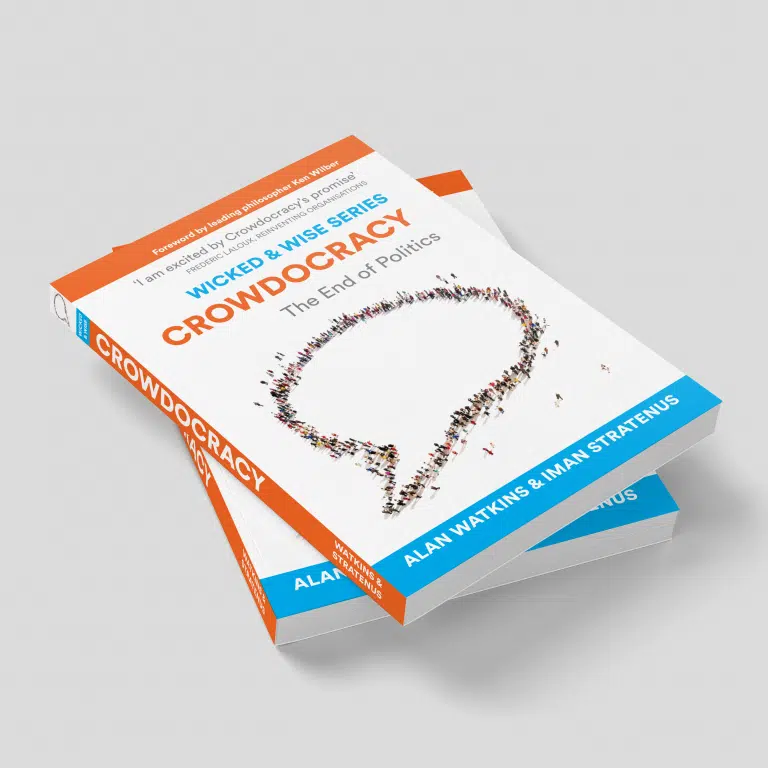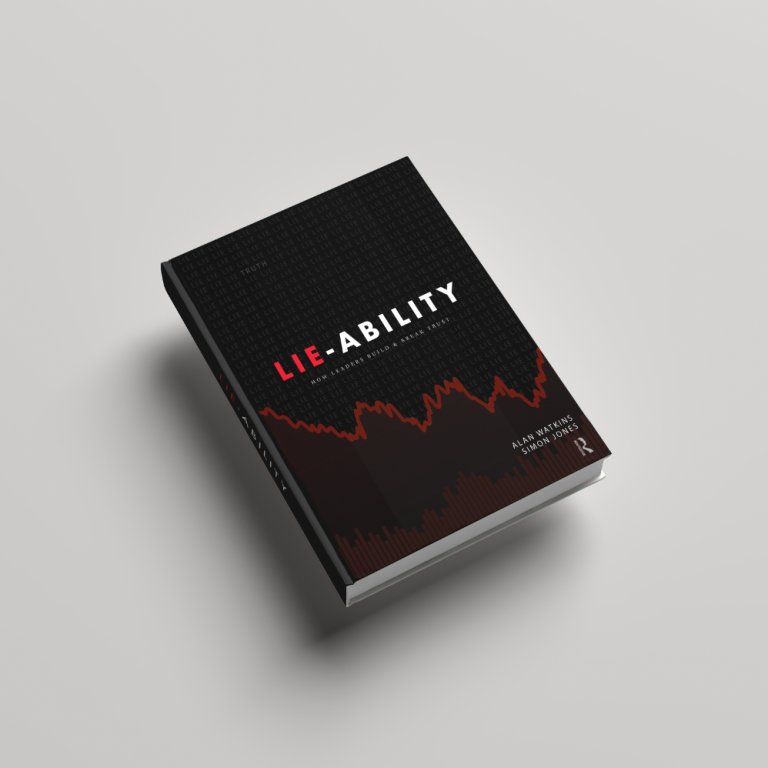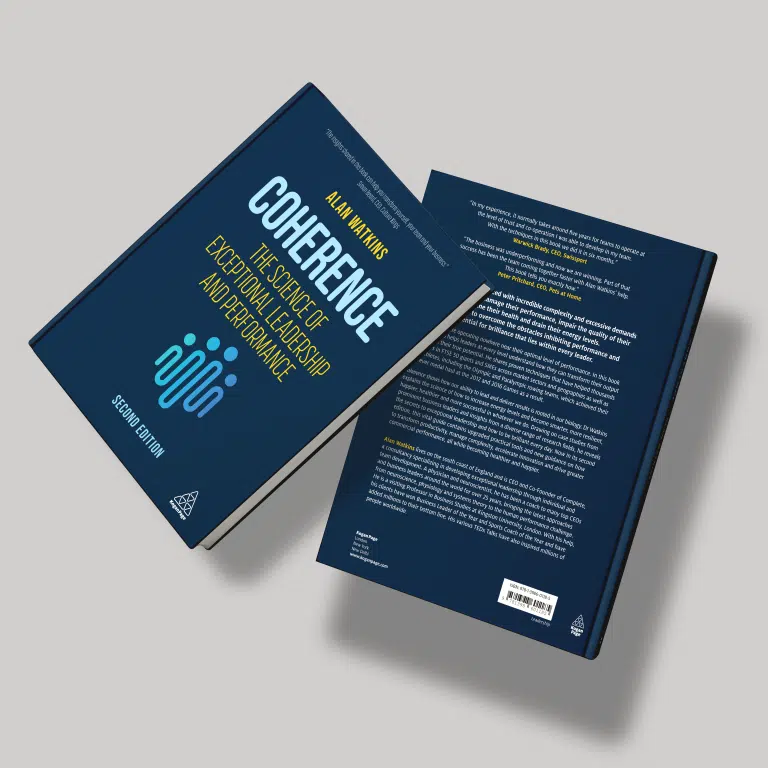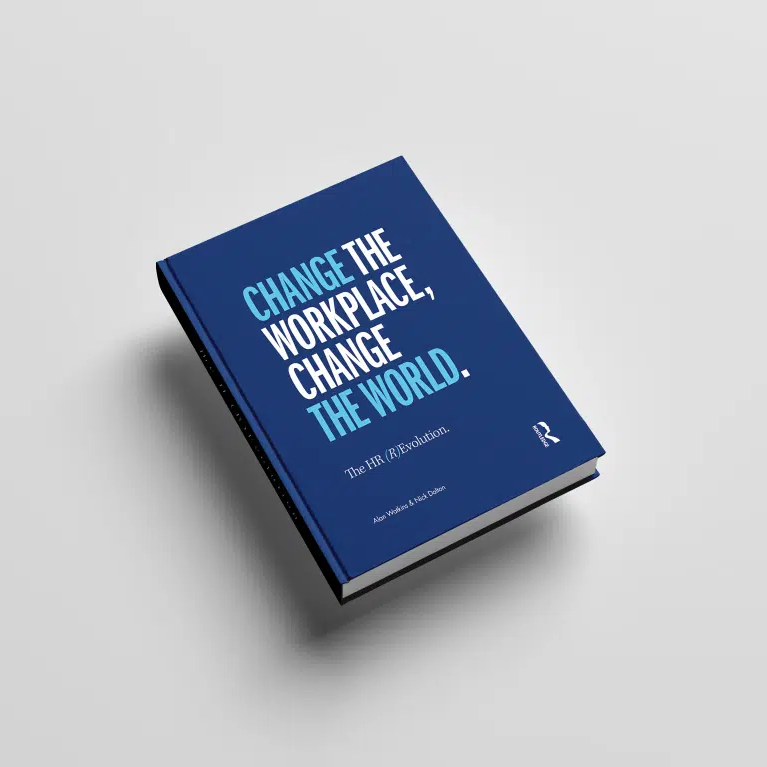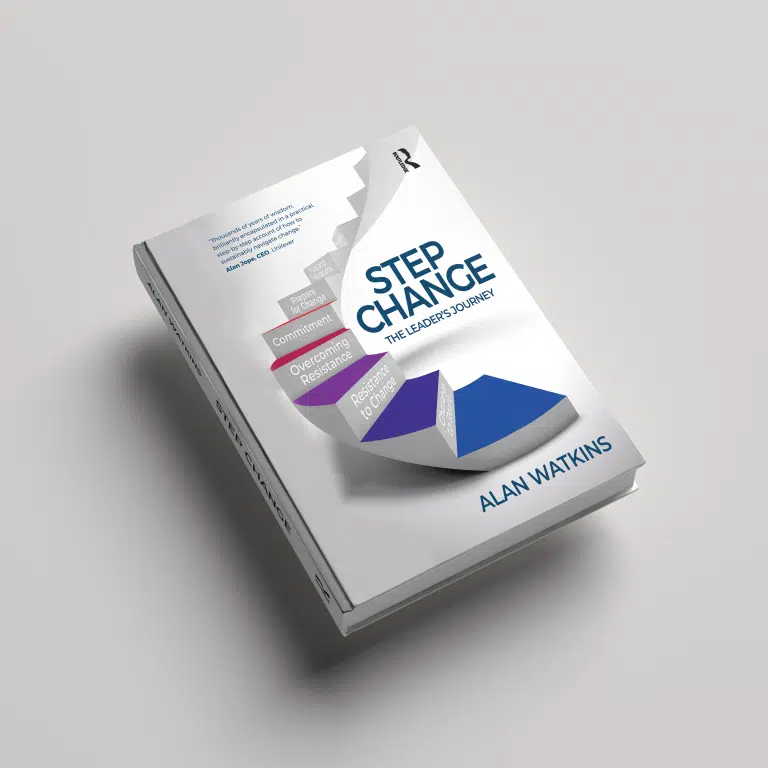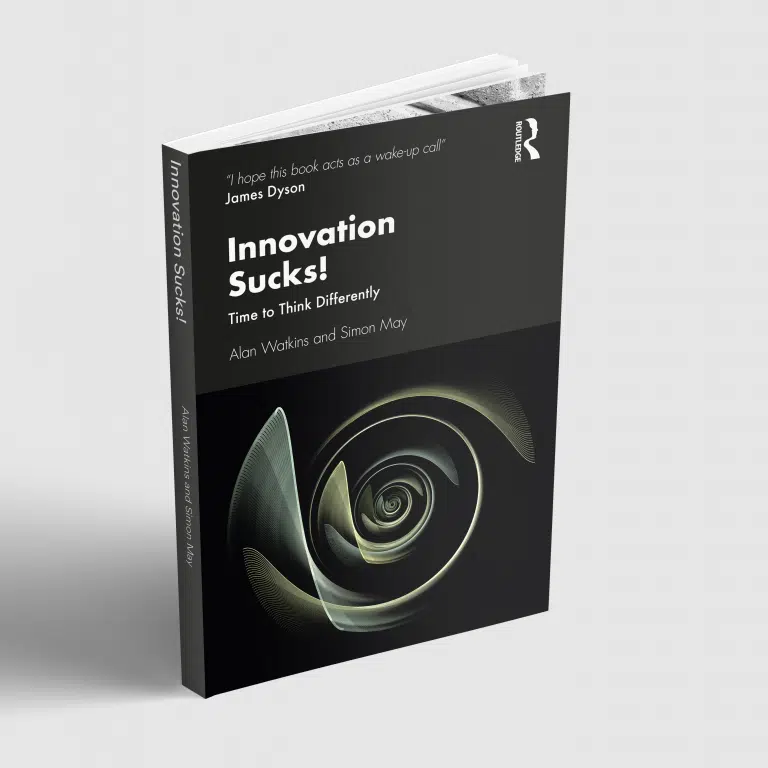Let’s be honest, it’s so much easier to work with people who think like we do. When you’re already aligned on the best option, you can quickly reach a decision. There’s not so much debate and evaluation. All good, right? Wrong! Better decisions come when we embrace our differences, but that’s easier said than done. Good assessments can really help our understanding of each other’s differences, and our ability to work together to make our differences strengths. What better focus for our blog on International Day for Tolerance.
Diversity of thought is an essential precursor to good decisions. It’s the kind of diversity that can be overlooked as it’s not visible. How can you tell whether your team at work has good diversity of thought? A good assessment is the best place to start.
Understanding each other’s values
The Complete Values Profile is a short online questionnaire that is grounded in the research by Clare Graves that led to the creation of spiral dynamics. Spiral dynamics is a theory of human evolution. It has eight levels of increasingly complex value systems. Each of us operates from one of these eight levels and when we understand each other’s value sets, we can reconcile our differences.

There are natural tensions when we work with people who don’t share our value set. People who have a blue value set tend to want to follow process. Others with an orange value set tend to be happy to cut corners to get results. In this example, you can see how people with an orange and a blue perspective might struggle to agree on the same course of action. This isn’t a personality difference, it’s just people operation from a different value system.
Key to successful teamwork is understanding the strengths of each other’s value systems. Being tolerant of each other. When you understand that someone else isn’t trying to derail your idea, they’re just coming at it from a different perspective, you can work together more effectively.
Understanding breeds success
More than just facilitating better teamwork, understanding our values can help us create teams that will achieve better results. If the Complete Values Profile of your team reveals that no one is operating from a red value set, it might help to explain why you’re struggling to get initiatives completed. You can then take steps to bring someone on to the team who can bring that new value perspective. You’re happy to tolerate that difference because you know it will help the whole team achieve a better result.
Growth through assessment
Too many assessments simply give us a snapshot in time. Unfortunately, they are not developmental. They imply that we’re stuck with ‘who we are’. The good thing about a Complete Values Profile, is that not only does it give an indication of what value system we are operating from today, it can also indicate how we can develop or grow. There are strengths and weaknesses in all value levels, but if you can grow from one values level to another, you can expand the benefits open to you. This can further enhance your ability to work with others of very different perspectives and value systems.
Tolerance is all about understanding. When we appreciate each other’s differences, we appreciate the value diversity brings.






